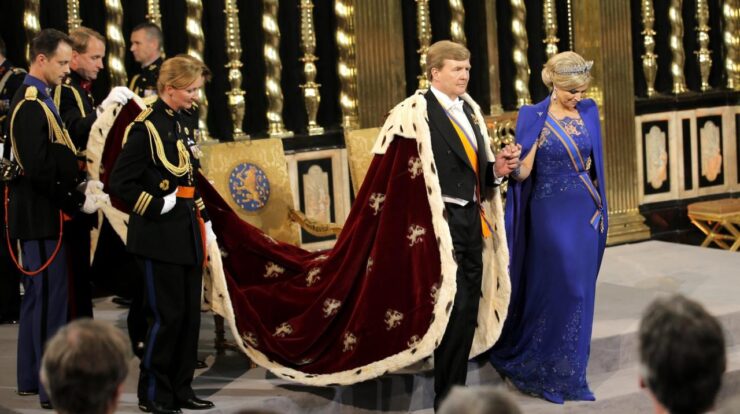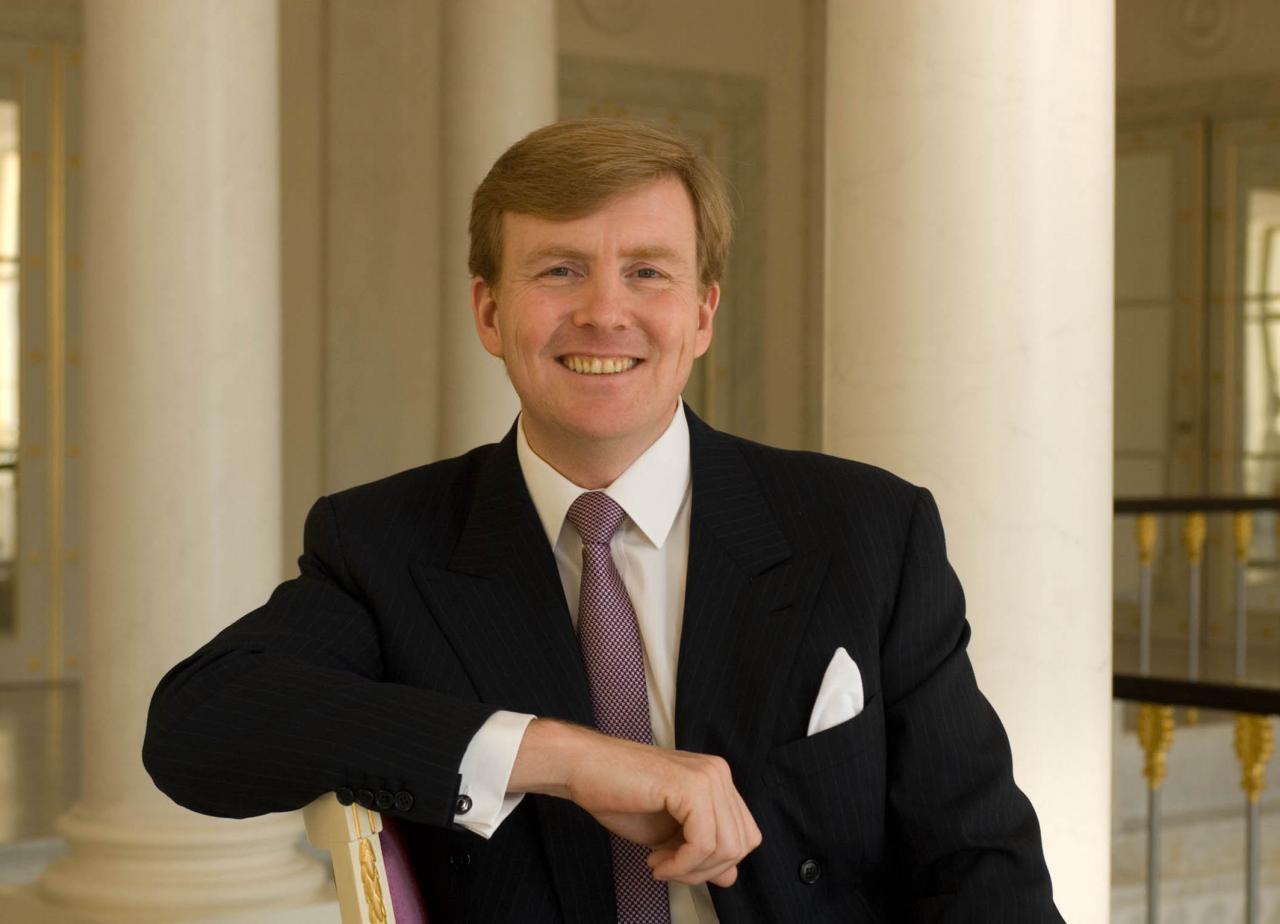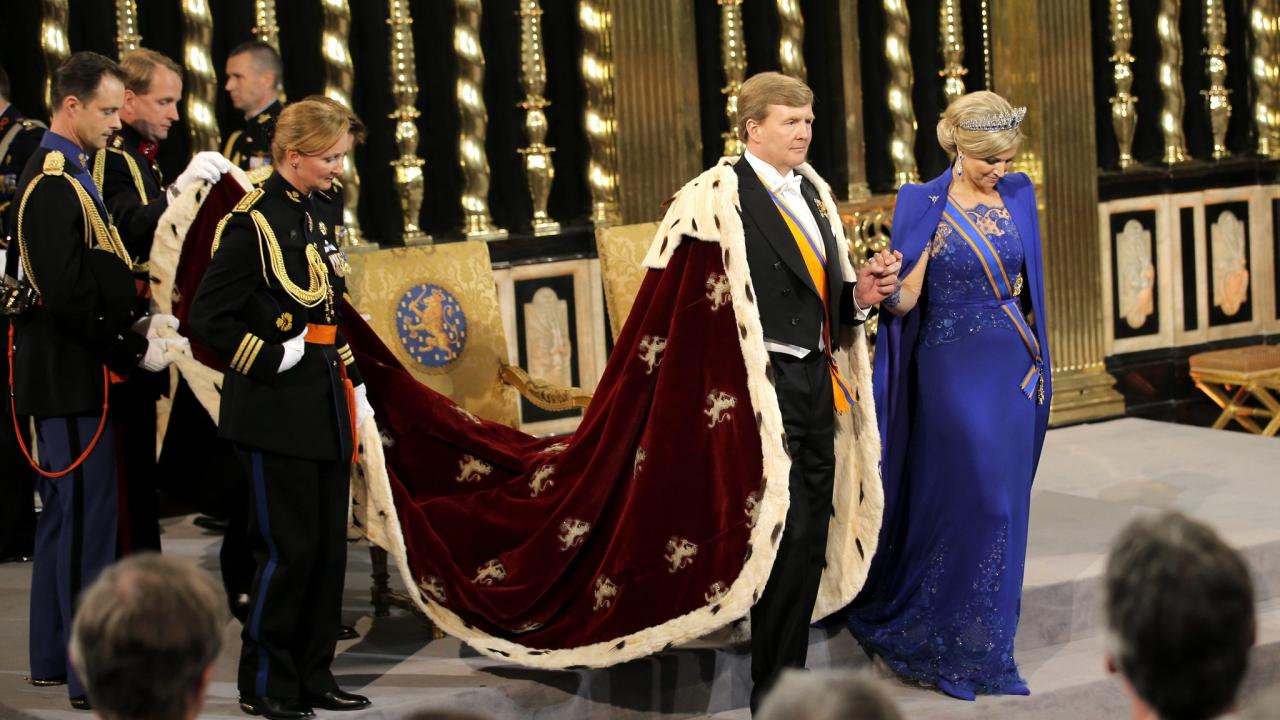
The Netherlands King, a figure of tradition and modernity, embodies the nation’s heritage while steering it towards the future. From his official duties to his passion for the arts, his life and reign have left an indelible mark on the country.
Beyond his royal lineage, the King’s personal interests and experiences have shaped his character. His education, military service, and family life have provided a solid foundation for his leadership.
Personal Life
King Willem-Alexander was born on 27 April 1967, in Utrecht, Netherlands. He is the eldest son of Princess Beatrix and Prince Claus. He has two younger brothers, Prince Johan-Friso and Prince Constantijn.Willem-Alexander married Máxima Zorreguieta Cerruti, an Argentine economist, on 2 February
2002. They have three daughters
Princess Catharina-Amalia (born 7 December 2003), Princess Alexia (born 26 June 2005), and Princess Ariane (born 10 April 2007).The King is an avid sportsman and enjoys skiing, tennis, and sailing. He is also a keen photographer and musician. He plays the piano, guitar, and drums.Willem-Alexander
received his education at the University of Leiden, where he studied history. He also served in the Royal Netherlands Navy for two years.
Reign and Responsibilities
King Willem-Alexander ascended to the throne on 30 April 2013, following the abdication of his mother, Queen Beatrix.As King, Willem-Alexander is the head of state of the Netherlands. He performs official duties such as opening Parliament, signing laws, and appointing ministers.
He is also the commander-in-chief of the armed forces.The monarchy in the Netherlands is a constitutional monarchy, which means that the King’s powers are limited by the constitution. He does not have any political power and must act on the advice of his ministers.
Royal Residences
The King has several official and private residences. His main residence is Huis ten Bosch Palace in The Hague. He also has a private residence, Villa Eikenhorst, in Wassenaar.
| Residence | Location | Description |
|---|---|---|
| Huis ten Bosch Palace | The Hague | Official residence of the King and Queen |
| Villa Eikenhorst | Wassenaar | Private residence of the King and Queen |
| Paleis Noordeinde | The Hague | Used for official receptions and ceremonies |
| Paleis Soestdijk | Baarn | Former royal residence, now used for state guests |
Cultural Patronage

King Willem-Alexander is a patron of the arts and culture in the Netherlands. He supports museums, theaters, and cultural organizations. He is also the honorary chairman of the Dutch Cultural Heritage Fund.The King has participated in several cultural initiatives, such as the opening of the Rijksmuseum in Amsterdam in 2013. He has also attended performances at the Concertgebouw in Amsterdam and the Royal Opera House in London.
International Relations
King Willem-Alexander represents the Netherlands on the world stage. He attends international summits and meetings, and he visits foreign countries to promote Dutch interests.The King has played an active role in international organizations such as the United Nations and the European Union.
He has also visited countries such as the United States, China, and India to strengthen diplomatic ties.
Public Perception and Media Coverage: Netherlands King
King Willem-Alexander is generally popular with the Dutch public. He is seen as a modern and approachable monarch. The media generally portrays him in a positive light, although there has been some criticism of his personal life.The King’s popularity was boosted by his handling of the MH17 disaster in 2014. He visited the crash site in Ukraine and met with the families of the victims.
His actions were praised by the Dutch public and the international community.
Closure

The Netherlands King’s legacy extends far beyond his reign. His dedication to his country, his patronage of the arts, and his involvement in international affairs have solidified his place as a symbol of unity and progress.
FAQ Summary
What is the King’s official role in the Netherlands?
As a constitutional monarch, the King’s role is largely ceremonial, representing the unity of the nation and providing guidance on matters of state.
How is the King involved in cultural affairs?
The King is a passionate patron of the arts, supporting museums, theaters, and cultural organizations throughout the country.
What is the public perception of the King?
The King is generally well-respected and admired by the Dutch public, seen as a symbol of stability and national pride.





